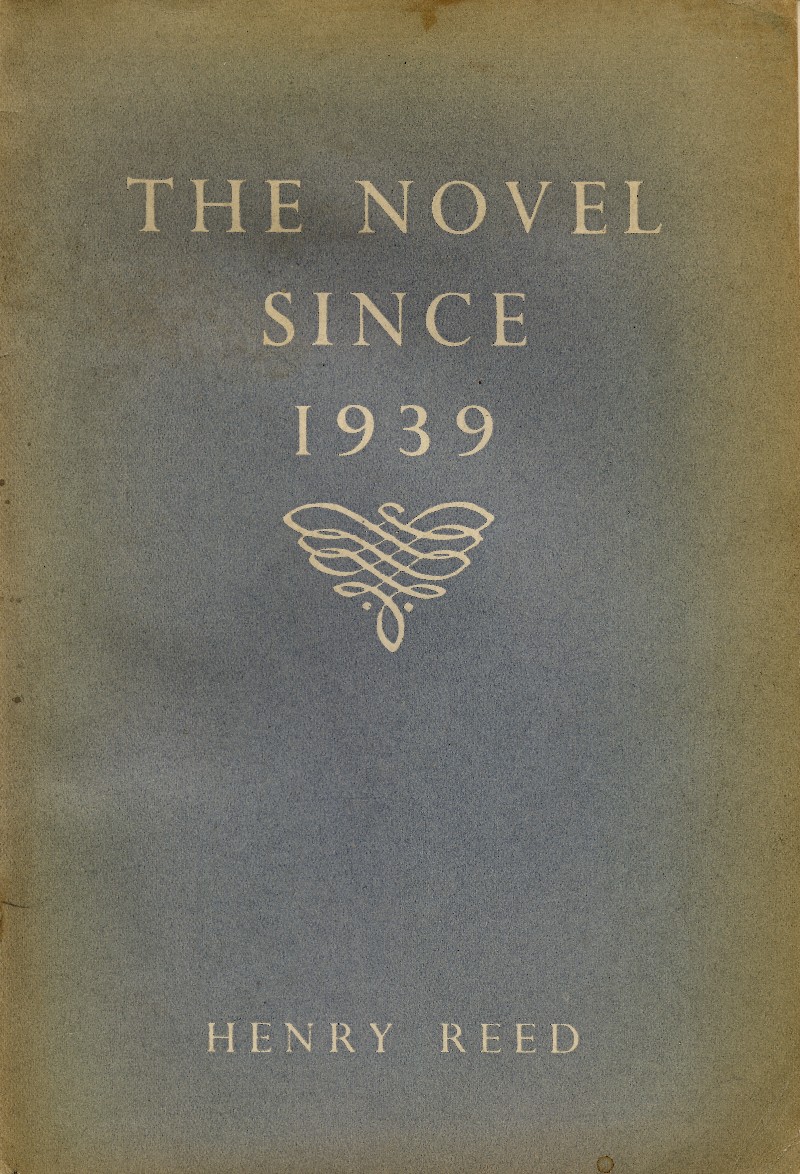The section Ms. Peters quotes, "Conditions in Which Poets Have Worked," doesn't mention Reed, but does name several of his peers, and everyone he would eventually be compared to:
Then we come to the many poets in the Forces. Some of the most talented of these were killed, notably Sidney Keyes and Alun Lewis. In quantity, the poets in the Forces produced far more work than anyone else, and, apart from the writing of distinguished poets such as Vernon Watkins, F. T. Prince, Roy Fuller, Henry Treece, Alan Rook, Keidrych Rhys, Francis Scarfe, this poetry is the most difficult to judge at the present time while we are so close to it.
Reed's bit comes along a little later, in the chapter "Poets Who Have Become Known Since 1939": 'When Henry Reed's volume is published he will take his place with F.T. Prince, Vernon Watkins, and Terence Tiller as one of the really significant younger poets.'
I'm also reminded of Fussell's Wartime: Understanding and Behavior in the Second World War (Amazon.com), which has an excellent chapter on "Reading in Wartime." (Unfortunately, Google Book Search delivers a disappointing "Image Not Available.")








